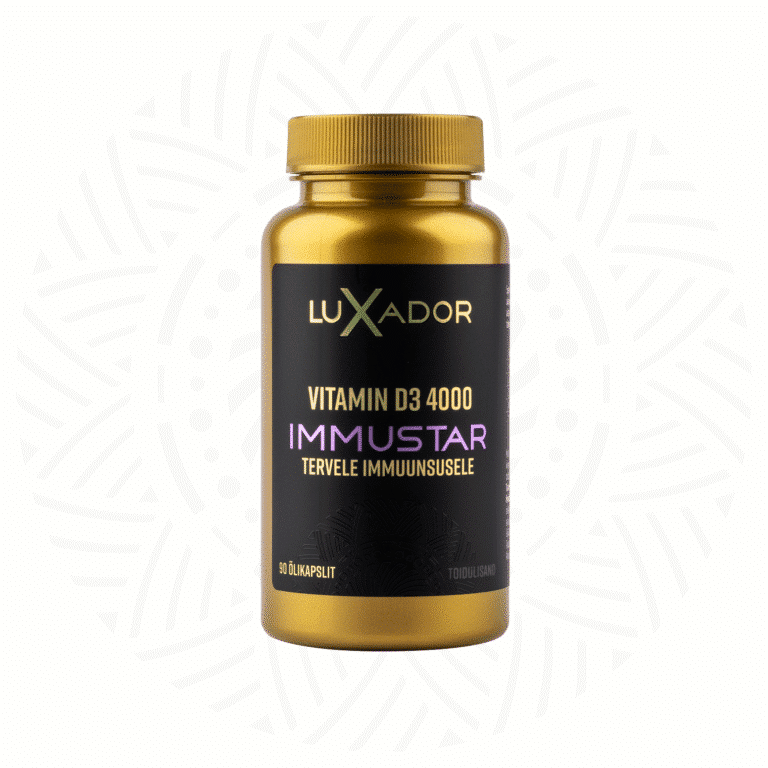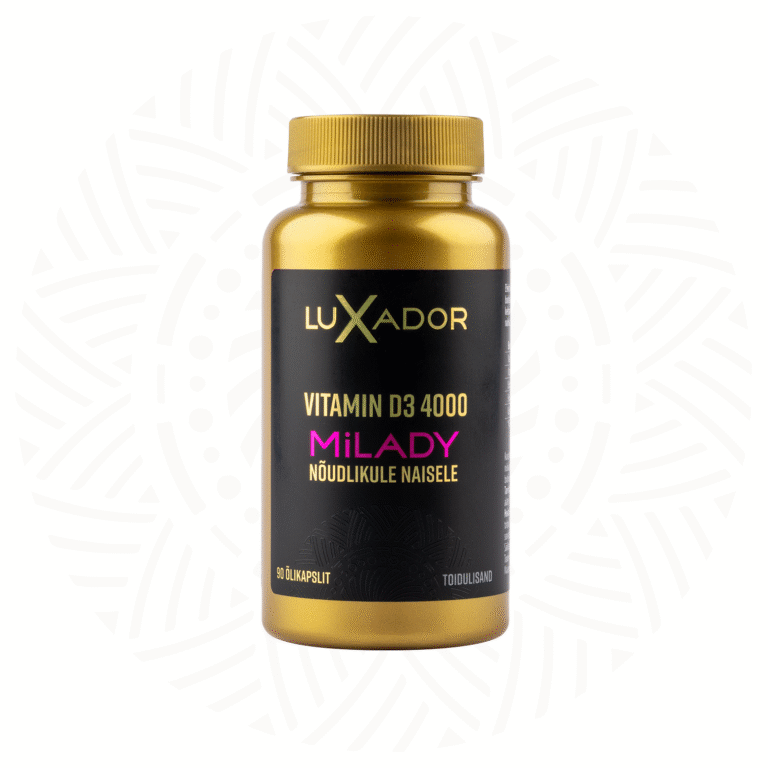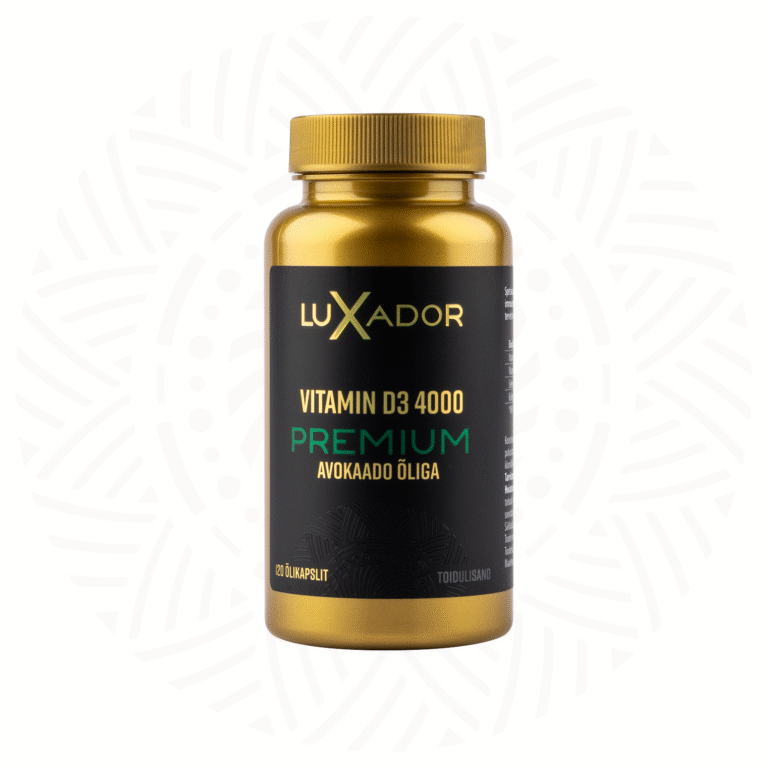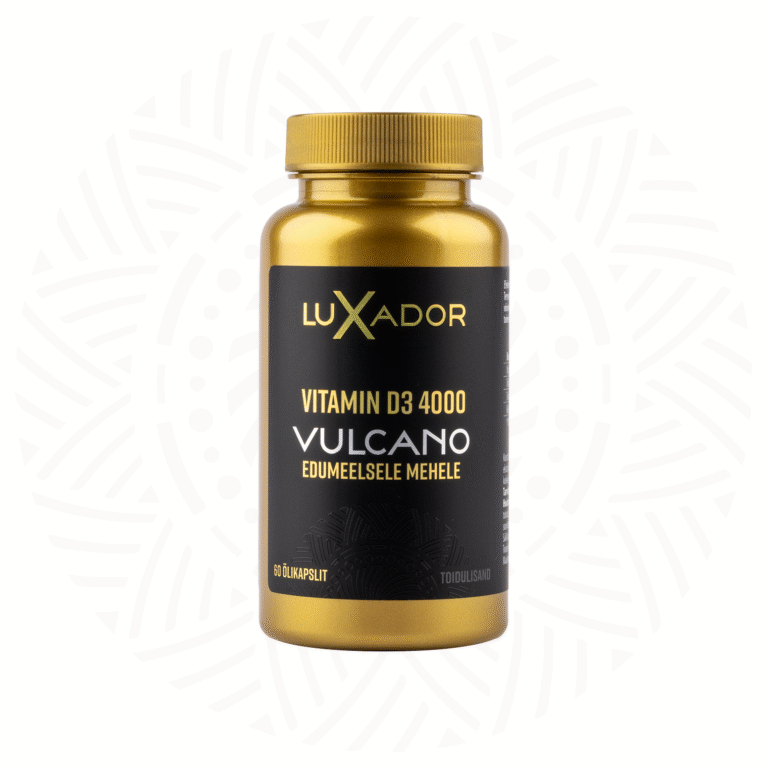Are you the kind of man who takes pride in his car, ensuring it has excellent power, acceleration, and endurance? You certainly keep your vehicle in top condition—taking it for regular maintenance, checking the oil levels, and worrying about every warning light that unexpectedly lights up on the dashboard.
But what about your health? When was the last time you thought about your own “acceleration” and “endurance”? Are you more like a red Ferrari, confidently speeding through life, or a tired Moskvich, barely managing to keep up the pace?
The truth is—your health needs the same regular care as your car. In fact, even more—your body is the only “vehicle” you have in this life. If it breaks down, you can’t just go to a spare parts store and buy the necessary replacement.
Next, you’ll find out how declining testosterone levels affect your health and, most importantly—how to stay healthy and maintain peak sexual performance well into middle age and beyond!
What is testosterone?
Testosterone is not just a hormone that defines “masculine” traits. It is the primary source of male vitality. Testosterone is responsible for maintaining strong bones, muscles, and a normal body weight. However, its impact goes far beyond that—it also affects mental well-being, energy levels, and, of course, sexual desire.
Produced mainly in the testes, testosterone is the male sex hormone that keeps a man youthful and may even extend his lifespan. This hormone influences all organs and tissues in the body, playing a crucial role in preventing serious diseases.
The role of testosterone
- Protein synthesis: Helps build muscle and maintain tone.
- Bone strengthening: Improves bone density and reduces the risk of fractures.
- Enhancing libido and erection: Increases sexual desire and performance.
- Regulating body fat: Helps keep body weight under control.
- Improving memory: Boosts cognitive functions.
- Increasing dominance: Influences social behavior and self-confidence.
Causes of declining testosterone levels
Age is the primary factor in decreasing testosterone levels in men. Testosterone levels peak in a man’s 20s, but by his 30s, they begin to decline by about 2% per year. By the time a man reaches 40, his testosterone level is approximately 10% lower than it was at 30, and the decline continues thereafter.
Aside from age, a hidden cause of testosterone decline is often stress. This destructive factor disrupts hormone balance, slows down testosterone production, and weakens the immune system. This, in turn, exacerbates testosterone decline, creating a seemingly endless vicious cycle.
How does stress attack testosterone?
- Cortisol, the stress hormone: The hormone cortisol, released during stress, acts as an enemy to testosterone production. Prolonged stress leads to lower testosterone levels in both the blood and tissues.
- Weakened immune system: A stressed immune system produces cytokines, which also inhibit testosterone production. This exacerbates the issue, creating a vicious cycle where stress weakens the immune system, which in turn lowers testosterone production, making the body even more vulnerable to stress.
In addition to age and stress, there are several other hidden culprits behind declining testosterone levels that can significantly impact testosterone production. These include:
- Genetics: Genes can determine the ability to produce testosterone and its decline with age. Some men have a genetic predisposition to lower testosterone levels even at a younger age.
- Poor lifestyle habits: Smoking, lack of physical activity, and an unhealthy diet are enemies of testosterone. The toxins in cigarettes damage testosterone-producing cells, inactivity slows down hormone production, and an unhealthy diet fails to provide the necessary nutrients for testosterone synthesis.
- Chronic diseases: Certain chronic diseases, such as diabetes, cardiovascular diseases, and obesity, negatively affect testosterone levels. These conditions cause hormonal imbalances and inflammatory processes, which, in turn, inhibit testosterone production.
- Medications: Some medications, such as certain painkillers, antidepressants, and hormone therapy, can lower testosterone production.
Declining Testosterone Levels with Age
As men age, testosterone production naturally decreases, leading to various negative effects, including muscle mass loss, reduced bone density, weakened libido, and erectile dysfunction.
Testosterone Levels in Men in Their 20s:
- Testosterone production is at its peak
Testosterone Levels in Men in Their 30s:
- Decreased libido
- Erectile dysfunction
- Fatigue
- Mood swings
- Obesity
- Loss of muscle mass
Testosterone Levels in Men in Their 40s:
- Previously mentioned symptoms worsen
- Weakened bones and more frequent fractures
- Reduced fertility
- Depression
- Difficulty concentrating
Testosterone Levels in Men in Their 50s and Older:
- Previously mentioned symptoms worsen even further
- High blood pressure
- Sleep problems
- Memory issues
- Increased risk of cardiovascular diseases
Consequences of Low Testosterone Levels
- Chronic fatigue and depression: Reduces energy levels and overall enjoyment of life.
- Muscle weakening: Decreases physical performance and strength.
- Loss of motivation: Negatively affects personal achievements and goal-setting.
- Sexual problems: Decreased libido and difficulties achieving pre-sexual erection.
- Chronic diseases: Increases the risk of diabetes, osteoporosis, cardiovascular diseases, and prostate conditions.
How to Boost Testosterone Levels?
The insidious effects of low testosterone can be reduced through a well-chosen lifestyle, a diverse and balanced diet, and dietary supplements. These include Vitamin D, Zinc, and Tribulus Terrestris capsules.
Vitamin D – The Foundation of Male Health
Vitamin D is a vitamin that plays an essential role not only in the effective functioning of the immune system but also in overall male health. The normal value of Vitamin D in the blood is 75 – 125 nmol/l. It is crucial to maintain similar Vitamin D levels throughout the year. Due to Estonia’s latitude, it is recommended to take Vitamin D supplements year-round, including during the summer months.
- Testosterone Levels: Vitamin D plays a vital role in regulating testosterone. Studies have shown a connection between low Vitamin D levels and declining testosterone levels. Additionally, Vitamin D positively affects erectile dysfunction. Low testosterone levels are associated with low libido and erectile dysfunction, often caused by a Vitamin D deficiency.
- Mental Health: Vitamin D is essential for mental health. Low Vitamin D levels are linked to an increased risk of chronic fatigue, anxiety, and depression. These mental health issues negatively impact masculinity, reducing self-confidence and making it harder to build and maintain relationships.
- Immune System: Vitamin D plays a crucial role in immune regulation. Adequate Vitamin D levels help the body fight infections effectively and reduce the risk of chronic diseases. A Vitamin D deficiency is linked to an increased risk of viral infections.
- Heart Health: Vitamin D is vital for heart health. In cases of Vitamin D deficiency, calcium circulating in the blood does not reach the bones and teeth but instead accumulates in blood vessels, leading to atherosclerosis. Atherosclerosis is the leading cause of premature death in men in Estonia.
- Muscle and Bone Strength: Vitamin D helps calcium absorption, which is essential for strong bones and teeth. Adequate Vitamin D levels are crucial for maintaining bone health and preventing osteoporosis. Additionally, Vitamin D supports muscle development, helping to maintain body strength and endurance.
Zinc – The Foundation of Masculinity and Well-being
Did you know that masculinity and prostate health are directly linked to zinc? Zinc is an essential mineral that not only influences the production of the male sex hormone testosterone but also supports sperm health and maintains libido levels. This micronutrient is crucial for maintaining hormonal balance and ensuring the quality of male reproductive cells.
Each ejaculation depletes about 3-5 mg of zinc in a man’s body. Zinc is a vital component of seminal fluid and supports sperm motility and fertility. Therefore, regular zinc intake is essential for maintaining male reproductive health.
Zinc helps:
- Maintain sperm motility and vitality.
- Support testosterone production.
- Promote normal sexual function.
- Strengthen the immune system.
Adequate Zinc Intake Helps:
- Maintain fertility.
- Ensure optimal libido.
- Reduce the risk of prostate cancer.
- Strengthen the immune system.
Tribulus Terrestris – The Secret Weapon for Men’s Health
Tribulus Terrestris is an ancient herbal remedy that has supported men’s vitality and sexual well-being for centuries. Today, this natural supplement has regained popularity due to its potential as a natural testosterone booster.
What Makes Tribulus Terrestris So Special?
- Testosterone Booster: The ability of Tribulus to stimulate testosterone production is legendary. Studies have confirmed that this herbal supplement can increase testosterone levels in men, especially athletes, whose bodies require optimal hormonal balance to achieve peak performance.
- Muscle Builder: With Tribulus, building muscle has never been easier. This unique plant stimulates protein synthesis, leading to significant increases in muscle mass and strength.
- Ignites Sexual Desire: The ability of Tribulus to support men’s sexual health is undeniable. This natural miracle helps increase libido and improve erection quality, ensuring a more fulfilling and enjoyable sex life. Forget your worries and embrace passion with Tribulus!
Tribulus Terrestris – It Is:
- A natural and safe alternative to synthetic testosterone supplements.
- A powerful ally for athletes aiming to reach new heights.
- The secret weapon for men seeking optimal vitality and sexual well-being.
Man, Invest in Your Health Today!
Don’t wait for the first symptoms to appear! Your health is an invaluable asset and an investment that will pay off immensely. It ensures a better quality of life and gives you confidence for the future.
What Can You Do for Your Health?
- Regular Health Check-Ups: Visit your doctor regularly and undergo necessary tests to detect potential issues early.
- Balanced Nutrition: Eat wholesome foods that provide energy and support your well-being.
- Physical Activity: Find a physical activity you enjoy and exercise regularly. This helps improve both physical and mental health.
- Stress Management: Discover ways to reduce and manage stress effectively.
- Vitamins and Minerals: Take essential vitamins and minerals to maintain good health.
Awaken Your Inner Strength and Keep Your Engine Running Smoothly!








